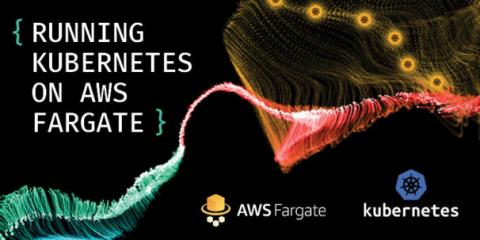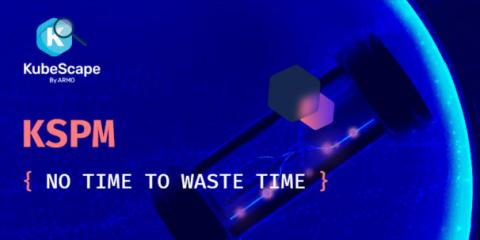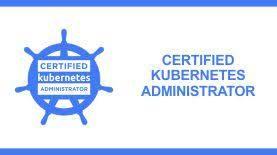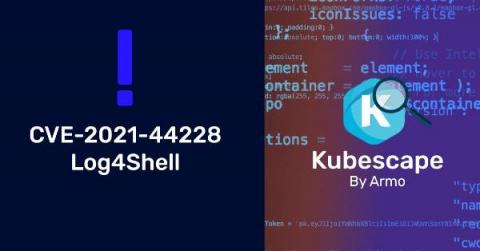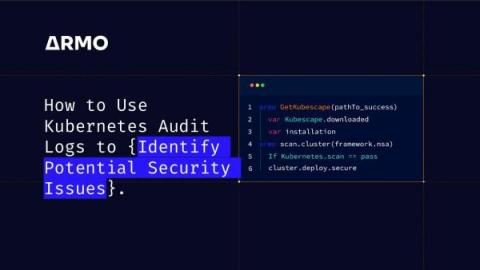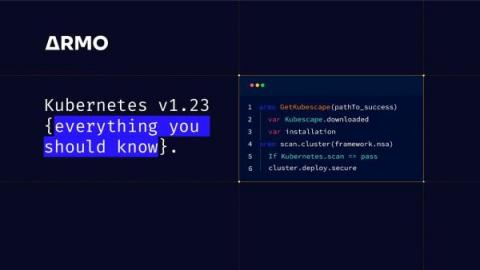How To Secure Kubernetes Clusters With Kubescape And ARMO
Are you wondering how to secure your Kubernetes clusters? Do you even know whether your Kubernetes is secure? Kubescape by ARMO might be the tool to help you with those and many other tasks related to Kubernetes security and scanning. Check this video by Viktor Farcic from DevOps Toolkit on Kubescape as he covers the 3 main K8s security areas – While reducing the number of false positives to a minimum and getting help fixing issues.





